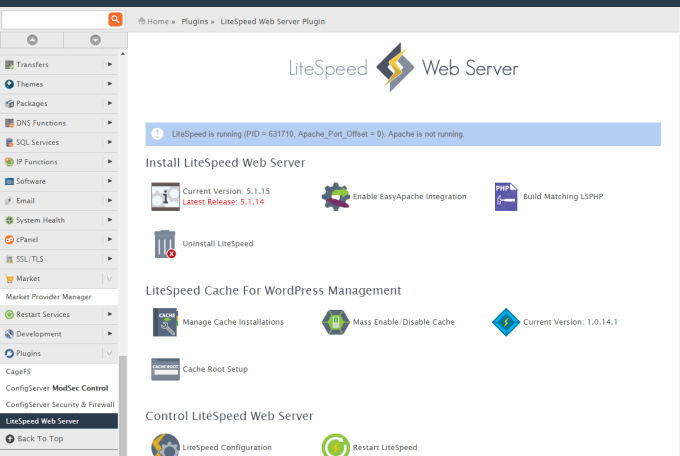In the realm of SEO, quality content reigns supreme, but the credibility of the individuals creating that content holds equal weight. Sites that rely heavily on their authors to generate content need to give due attention to how their contributors’ credentials are presented to search engines. This is where author schema comes into play, serving as a potent tool to augment a site’s E-A-T (Expertise, Authority, and Trustworthiness) as per Google’s guidelines.
Author Schema: The Building Blocks of Digital Credibility
Author schema, an application of structured data that employs the Schema.org vocabulary, is used to provide detailed information about the authors of website content.
Here is an example of an author schema:
<script type="application/ld+json">
{
"@context": "https://schema.org",
"@type": "Person",
"name": "John Doe",
"url": "https://www.example.com/author/johndoe",
"image": "https://www.example.com/author/johndoe/image.jpg",
"sameAs": [
"https://www.linkedin.com/in/johndoe",
"https://www.twitter.com/johndoe"
],
"jobTitle": "Senior Writer",
"worksFor": {
"@type": "Organization",
"name": "Example Company"
},
"alumniOf": {
"@type": "CollegeOrUniversity",
"name": "Example University"
},
"birthDate": "1970-01-01",
"nationality": "American",
"gender": "Male",
"knowsAbout": ["SEO", "Content Marketing", "Web Development"],
"hasCredential": {
"@type": "EducationalOccupationalCredential",
"name": "PhD in Computer Science",
"recognizedBy": {
"@type": "Organization",
"name": "Example University"
}
},
"publishingPrinciples": "https://www.example.com/author/johndoe/publishing-principles"
}
</script>
In this schema, we have included the author’s basic details, job title, workplace, education, areas of expertise, credentials, and even their publishing principles. Such detail provides search engines with valuable context about the author, and by extension, about the content they create.
The E-A-T Connection
Google’s search algorithms, sophisticated as they are, continually strive to serve users with the most relevant and high-quality content. The concept of E-A-T has become a cornerstone of Google’s approach to assessing content quality.
The ‘E’ in E-A-T stands for Expertise, which is represented in the schema by detailing areas of knowledge (`knowsAbout`), academic backgrounds (`alumniOf`), and professional experiences (`worksFor` and `jobTitle`).
The ‘A’ stands for Authority. By specifying job titles, places of work, and linking to professional profiles (`sameAs`), website owners can demonstrate the authority that their authors command in their domain.
The ‘T’ in E-A-T stands for Trustworthiness. This can be represented in the schema by including a link to publishing principles (`publishingPrinciples`), showing Google that the author adheres to high standards of content creation.
Final Thoughts
Incorporating detailed author schema into your SEO strategy can be a game-changer for sites that depend heavily on their authors to generate content. By providing search engines with rich, structured data about your authors, you not only enhance the machine-readability of your site but also bolster your E-A-T score, a factor that Google holds in high regard.
With the growing complexity of search algorithms and the ever-increasing competition for visibility in SERPs, leveraging author schema becomes a clear advantage. It equips search engines with valuable context, helps differentiate your content from the crowd, and plays a vital role in affirming your site’s expertise, authority, and trustworthiness.
Harness the power of author schema, and give your site the E-A-T advantage it deserves.
Moiz Banoori is a Digital Marketing specialist with over eight years of experience in content creation and digital journalism. He leads teams at various brands and focuses on developing effective SEO strategies that enhance online visibility. With a degree in journalism, Moiz combines his passion for storytelling with technical skills to deliver innovative digital solutions at REDLUMB, helping clients achieve their online goals in a competitive landscape.




